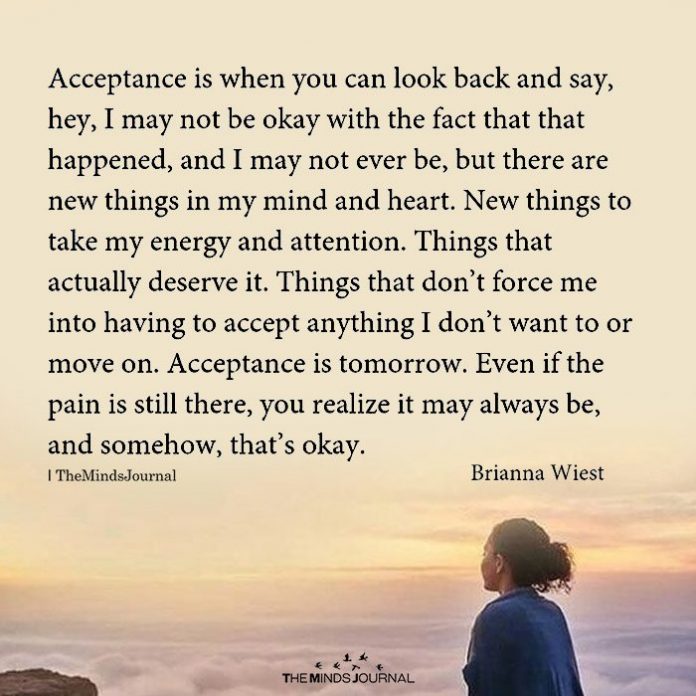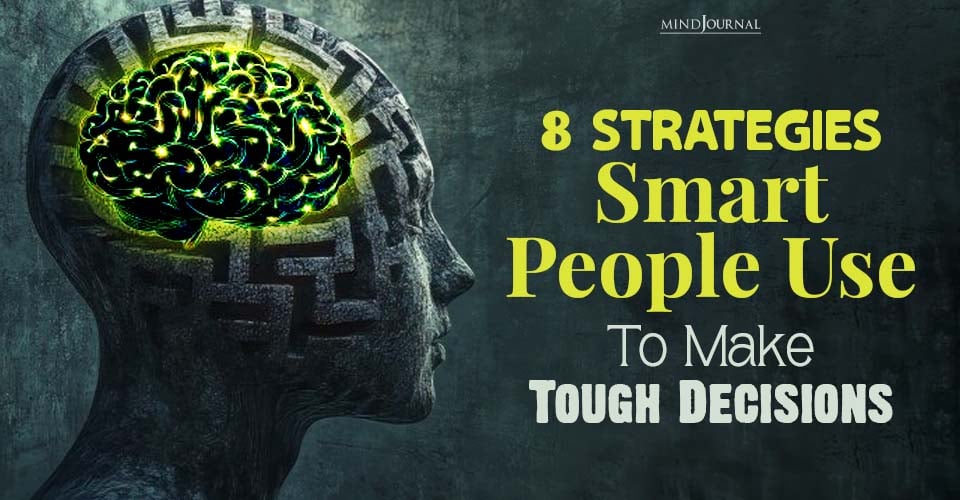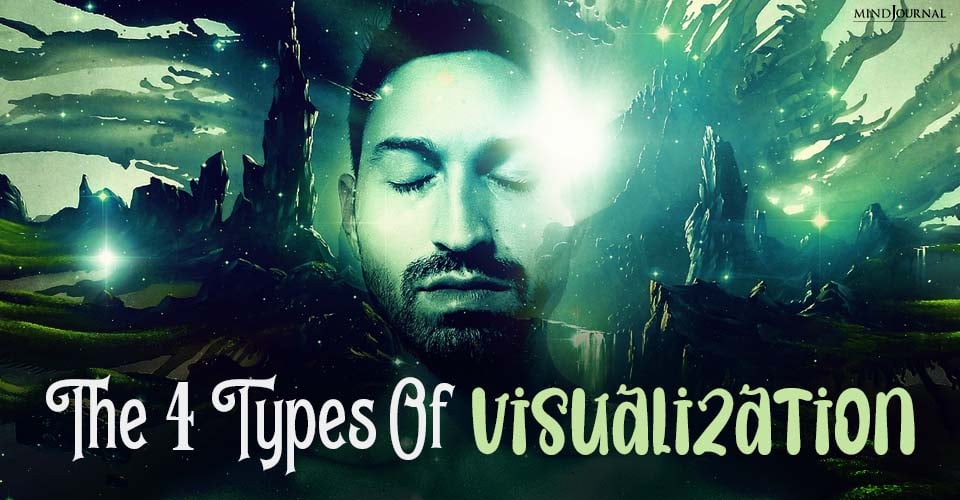“Clearly recognizing what is happening inside us, and regarding what we see with an open, kind and loving heart, is what I call Radical Acceptance.” – Tara Brach
While you bang on the wall, you hear yourself proclaim: “I can’t take this.”
You are suffering.
You resist reality.
When midlife hits there are so many things to resist.
For Lynn it was the death of her husband, for Annette it was the loss of her parents, for Ellie it is betrayal and divorce, for Lily, it was her cancer diagnosis, and for Viv, it was her financial crisis.
The challenges of midlife don’t quit, and the walls don’t help.
Radical Acceptance is the skill for letting our walls down. Radical Acceptance is the most promising skill that Dialectical Behavior Therapy (DBT) offers. It is also the most complicated to conceptualize, and the most difficult to practice.
Most of us resist instead of accepting.
On the other side of our walls lies the pain, grief, disappointment, regret, and other things that seem unbearable.
We built the walls to protect ourselves, but the problem is, we need to travel beyond them to problem-solve, make a change, and find peace. We actually have to enter the pain in order to tolerate the pain. As Robert Frost said, “The best way out is always through.”
Radical Acceptance is the first step into and out of misery.
Read 8 Ways You Can Regulate Your Emotions
Marsha Linehan, the creator of DBT, says it like this: “Radical Acceptance means complete and total openness to the facts of reality, as they are, without throwing a tantrum.”
In other words, no walls. This is radical.
Here are three reasons why we need to Radically Accept
1. Denying reality does nothing to change reality.
Just because you don’t talk about it, feel it, see it or listen to it doesn’t make it disappear. And jumping up and down while you hold your breath doesn’t make the bad things stop. It just makes you pass out. And even when you turn your back on the cloud, it’s still there. The truth is reality hovers and waits for you to take it in.
No matter how hard Annette tried, she couldn’t keep her parents from dying. And despite Viv’s denial, her finances needed help. She needed to face facts and make changes.
2. All change begins with acceptance.
You may confuse acceptance with approval or giving in. They are not the same thing.
There are many things we must accept even though we don’t agree with them. And accepting doesn’t mean things can’t change. In fact, all change starts with acceptance of what is.
Lily needed to accept her cancer diagnosis in order to find the best treatment. Ellie had to come to terms with her marriage ending and find a way to move on. Both Lily and Ellie experienced pain.

3. Pain cannot be avoided.
It is just a part of life. We are built to tolerate pain. But when you don’t accept pain it turns into agony.
In DBT we say:
Pain + Non-acceptance = Suffering.
Avoiding all cues that are associated with pain ensures two things: the pain will continue, and suffering will ensue.
After her husband died, Lynn refused to leave her bed. Over and over the thought, “I don’t’ want this” looped in her head. “ I refuse to accept that he’s not here. This should not have happened. “
But the reality remained. Lynn had to find a way to go on with her life.
Lynn started taking five minutes a day to lie on her living room couch and accept that her husband had passed. Palms up, face relaxed, she would take a breath, open her mouth and let out a sigh while saying to herself, “For this moment, I accept that Ken is gone.”
Over time she was able to accept and let herself cry on walks. Next, she was able to hold some of his belongings while she accepted that he was gone. Her wall of resistance was softening, and though she felt grief, the suffering became less.
The way to Radically Accept is to do it radically – which means you do it all the way, with your full body, mind, and spirit. And often, it’s a practice, not a one-time fix.
Read The Stages Of Grief: Ways To Cope With Loss and Minimize The Pain
You have to stop pounding the wall. Instead, gently lean your body against it and slowly let yourself slide down to the ground, soften your face, gentle your breath, turn the palms of your hands open and, just for this moment, accept what is.
And then do it again.
Radical Acceptance is your entry into misery and the way out of hell.
You can get in touch with Dr. Cecilia Dintino by joining the Twisting The Plot email list.
Written By Cecilia Dintino
Originally Appeared In Twisting The Plot











Leave a Reply